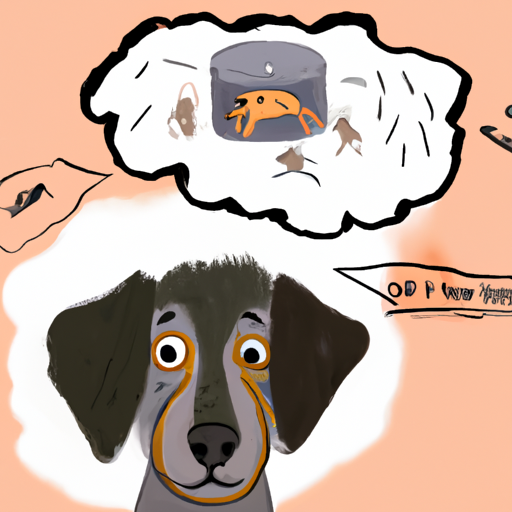Being a caregiver for your furry friend comes with a lot of responsibilities, and one of those is keeping an eye out for any health issues. One such health issue that can affect dogs is worms.
1. Understanding Worms in Dogs
As a caregiver, you may wonder, “What exactly are worms in dogs?”. Worms are parasites that can live inside your dog, causing a variety of health issues. They can be as small as a single cell or as long as several feet. The most common types of worms in dogs are:
- Heartworms
- Roundworms
- Hookworms
- Tapeworms
- Whipworms
Each type of worm can affect different parts of your dog’s body and can cause different symptoms.
2. Signs and Symptoms of Worms in Dogs
As a caregiver, it’s crucial to recognize the signs and symptoms of worms in your dog. This includes:
- Weight loss
- Diarrhea
- Vomiting
- A dull coat
- A swollen belly
If your dog is displaying any of these symptoms, it’s possible they may have worms. However, it’s also important to note that some dogs may not show any symptoms at all.
3. How Dogs Get Worms
Understanding how dogs get worms can help you prevent your furry friend from getting infected. Dogs can get worms from a variety of sources, including:
- Eating contaminated soil or feces: Worm eggs can live in soil or feces, and if your dog accidentally ingests these, they can become infected.
- Mosquito bites: Heartworms are transmitted through mosquito bites.
- Fleas or lice: These pests can carry tapeworm eggs, which can infect your dog if they eat the flea or louse.
4. Prevention and Treatment of Worms in Dogs
Thankfully, there are steps you can take to prevent your dog from getting worms. These include:
- Regular vet checks: Regular check-ups can help detect any worms early.
- Deworming treatments: Your vet can provide deworming treatments to kill any worms.
- Good hygiene: Cleaning up after your dog and preventing them from eating feces or soil can help prevent worms.
| Prevention Methods | Description |
|---|---|
| Regular vet checks | Helps in early detection |
| Deworming treatments | Kills any existing worms |
| Good hygiene | Prevents ingestion of worm eggs |
5. Frequently Asked Questions (FAQs)
Q: Can humans get worms from dogs?
A: Yes, some types of worms can be transmitted from dogs to humans.
Q: How often should I deworm my dog?
A: The frequency of deworming can vary based on your dog’s lifestyle and risk factors. It’s best to consult with your vet.
Q: Can all worms be seen in dog feces?
A: No, not all worms are visible in dog feces. Some are only detectable through a microscopic examination of the feces.
Remember, as a caregiver for your dog, you have the incredible power to ensure their health and happiness. By understanding and recognizing the signs of worms in dogs, you can take the necessary steps to prevent and treat this common but manageable health issue.



